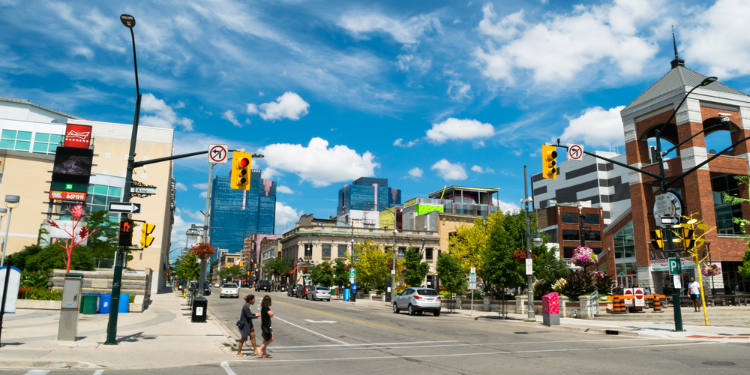
Due to a historic labour shortage, Ontario's immigration minister Monte McNaughton introduced the “Working for Workers Act” on October 25 last year. If it gets passed, it could mean big changes for expats interested in going to Ontario.
Among other things, he is asking Canada's federal government to double the number of skilled immigrants allowed to settle in that province. Under the Ontario Immigrant Nominee Program (OINP), that change will give more opportunities for expats, as the state could have 18,000 immigrants from the current 9,000 annually now allowed.
Although border closures and pandemic public health restrictions greatly reduced the number of new immigrants, Ontario received 18,040 new permanent residents under the Federal Skilled Worker program last year during the Covid-19 pandemic. According to the Immigration, Refugees and Citizenship Canada (IRCC) data, in 2019, 44,075 new permanent residents settled in Ontario under that working program.
Why are they seeking changes?
Ontario wants more skilled worker immigrants to resolve the labour shortage. Minister McNaughton cited these shortages centre in skilled trades occupations that will only increase as more workers retire. As well, a recent study suggests Ontario would see an additional $12 to $20 billion added to its economy if the skills gap between immigrants and Canadian-born workers is addressed.
The Ontario immigration minister is hoping new labour changes in the province will open 316,000 jobs. In the first eight months of 2021, there were 3,555 new permanent residents to Ontario under the federal skilled worker program.
Skilled workers expats who want to immigrate to Canada should understand more about the Global Talent Stream (GTS) of the Temporary Foreign Worker Program (TFWP) to know how Canadian work permits and visa applications are processed. However, visas have been issued quicker, up to two weeks, due to shortages. Expats can also apply under economic immigration programs, including the Atlantic Immigration Pilot, Canadian Experience, Caregiver, Skilled Trade or SkilledWorker programs.
In a nutshell, the Ontario government wants to ease the requirements for expats getting licensed in non-health-related occupations. The changes will be to remove the requirement for regulatory bodies to require Canadian work experience, eliminate the need to do a language test for the purpose of licensing, and speed up the licensing process, especially in cases of emergency (which happened during Covid-19).
What does better conditions mean?
In the context of the Working for Workers Act, Ontario Premier Doug Ford mentioned that anyone coming from another country to “collect the dole and sit around” should “go somewhere else.” The premier stressed that his government is supportive of “hard-working union people,” pointing out investments in training programs and stating that “we're there for the hard-working folks and men and women that are out there.” Afterwards, he apologized for this controversial speech.
The workers' act seems not only to help expats through the process when working in Ontario but also assist them in finding jobs. Employers with 25 or more workers will have to implement a policy that allows employees to totally disconnect from their jobs at the end of the workday. With this new legislation, employers can't implement non-compete agreements, where workers have to sign a contract of fidelity with the company. This step can help expats work in more than one job and especially help freelancers perform their activities.
The entire process for the Worker's Act to be reality can take up to two years, including the legislative process as well as implementation. The minister hopes the bill will be passed before Ontario's election in June 2022. If not, the bill might not move forward, as it will have to be re-introduced in a new session.



















